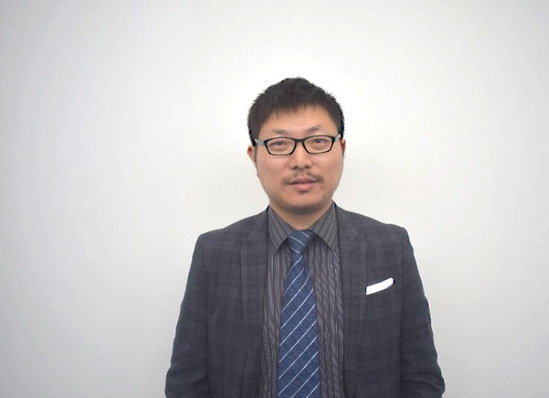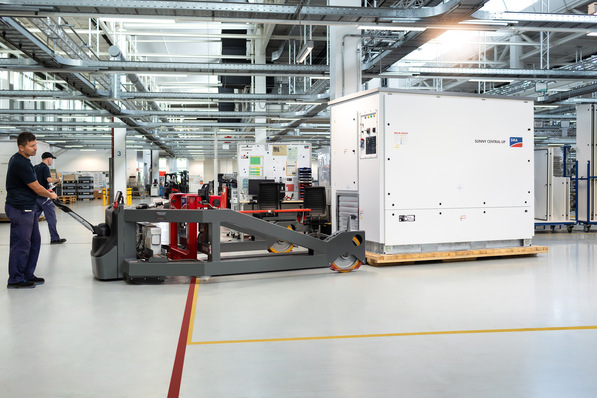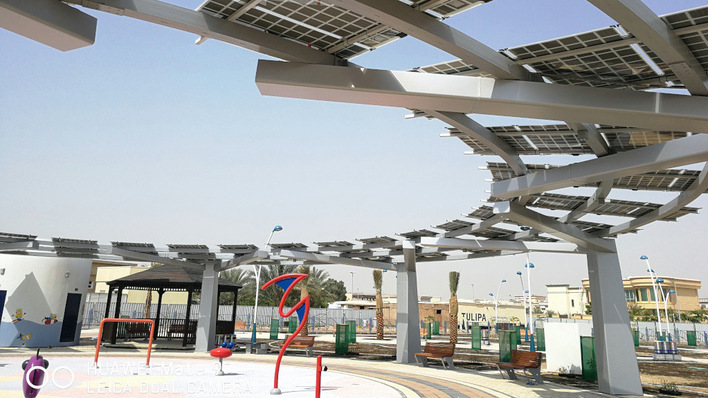Working with EPC, The Contractor for Energy LLC, the project is an expansion of an existing 2.4MW plant that was commissioned in 2018 and produces 4,300 MWh of clean energy annually, saving over JD380,000 per year. The additional 1MW plant will enable CISC – which is based in Mafraq, Jordan - to have 80 percent of its total consumption powered by clean renewable energy, benefitting from further cost savings and lower carbon emissions.
The project also supports Jordan’s wider ambition to increase renewable capacity, with its government setting a target to expand the total share of renewables, of which solar is the most dominant, in the country’s energy mix from 11 percent in 2020 to 14 percent by 2030.
Grid capacity challenges
However, despite its renewable ambitions, Jordan has faced grid capacity challenges, with the Ministry of Energy and Mineral Resources (MEMR) suspending approvals for large-scale electricity projects in 2019, citing the need for the National Electric Power Company (NEPCO) to conduct studies to assess grid capacity. As a result, solar PV systems cannot exceed 1MW under a new net-metering regulations.
Ahmad Sharaf, Sales Specialist at Fimer Jordan, comments: “With around 310 days of sun a year, and located in the heart of the Middle East, Jordan is in a great position to benefit from the growing affordability of solar. The expansion of the solar plant at CISC’s factory demonstrates its potential as a credible energy source for the manufacturing sector.
Did you miss that? Hotel in the Dolomites achieves major carbon savings
“As well lowering emissions and significantly reducing costs, the solar plant will also enable CISC to be more self-sufficient – a goal for Jordan more widely as it seeks to reduce its reliance on imported fossil fuels, which currently account for less than 89 percent of its energy mix.
“Despite the challenges over the past year, which not only saw the new net-metering rules come into force, limiting the capacity of the plant, but also the impact of the Covid-19 pandemic on lead times, the project was delivered on time and has been successfully connected to the grid.”
Specified three-phase string inverters of Fimer
To deliver the high-performance and reliability demanded by the factory, 19 of Fimers’s PVS-50-TL three-phase string inverters were specified, which are specifically designed for large decentralized photovoltaic systems for both commercial and utility applications. Using advanced cloud connected features, the PVS-50-TL enables quick and easy installation and commissioning – a key factor for the CISC array. Its performance can also be monitored remotely, providing a long-term solution for the plant.
Also interesting: Fimer presents two new solutions for commercial and utility customers
Ammar Zidan, partner and operations director at The Contractor for Energy LLC, comments: “We chose to work with Fimer on this project as its inverters were already installed in the first plant and therefore had proven quality and reliability. This is an important project for the ongoing adoption of solar and renewables in Jordan, and we are pleased to see it commissioned and online.” (hcn)







